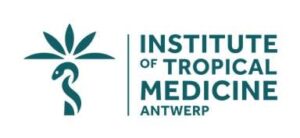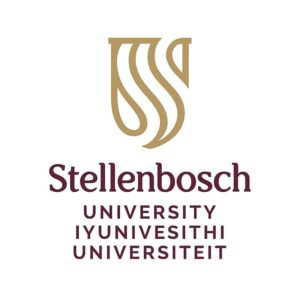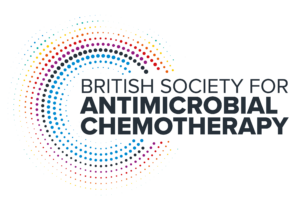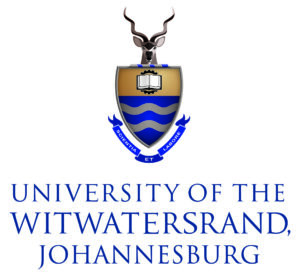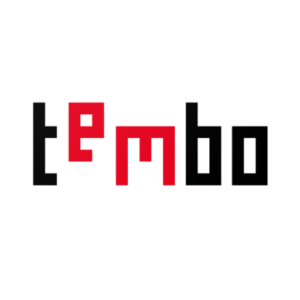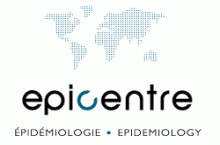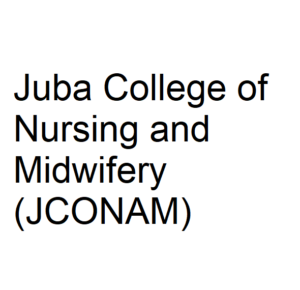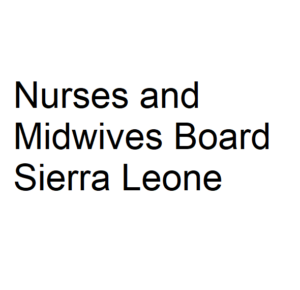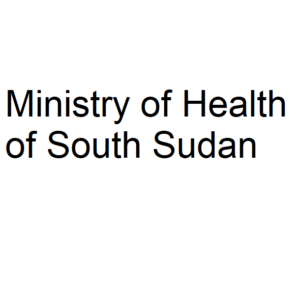The MSF Academy for Healthcare
A training initiative for the entire MSF movement
Médecins Sans Frontières (MSF) is an international independent medical humanitarian organisation that provides medical assistance to people affected by conflict, epidemics, disasters or exclusion from healthcare.
Founded in 2017, the MSF Academy for Healthcare is a training initiative for the entire MSF movement designed to improve the quality of healthcare provided in MSF projects and to strengthen the local health systems where healthcare human resources are weak. This is achieved through continuous professional development programmes implemented in MSF projects across different countries.
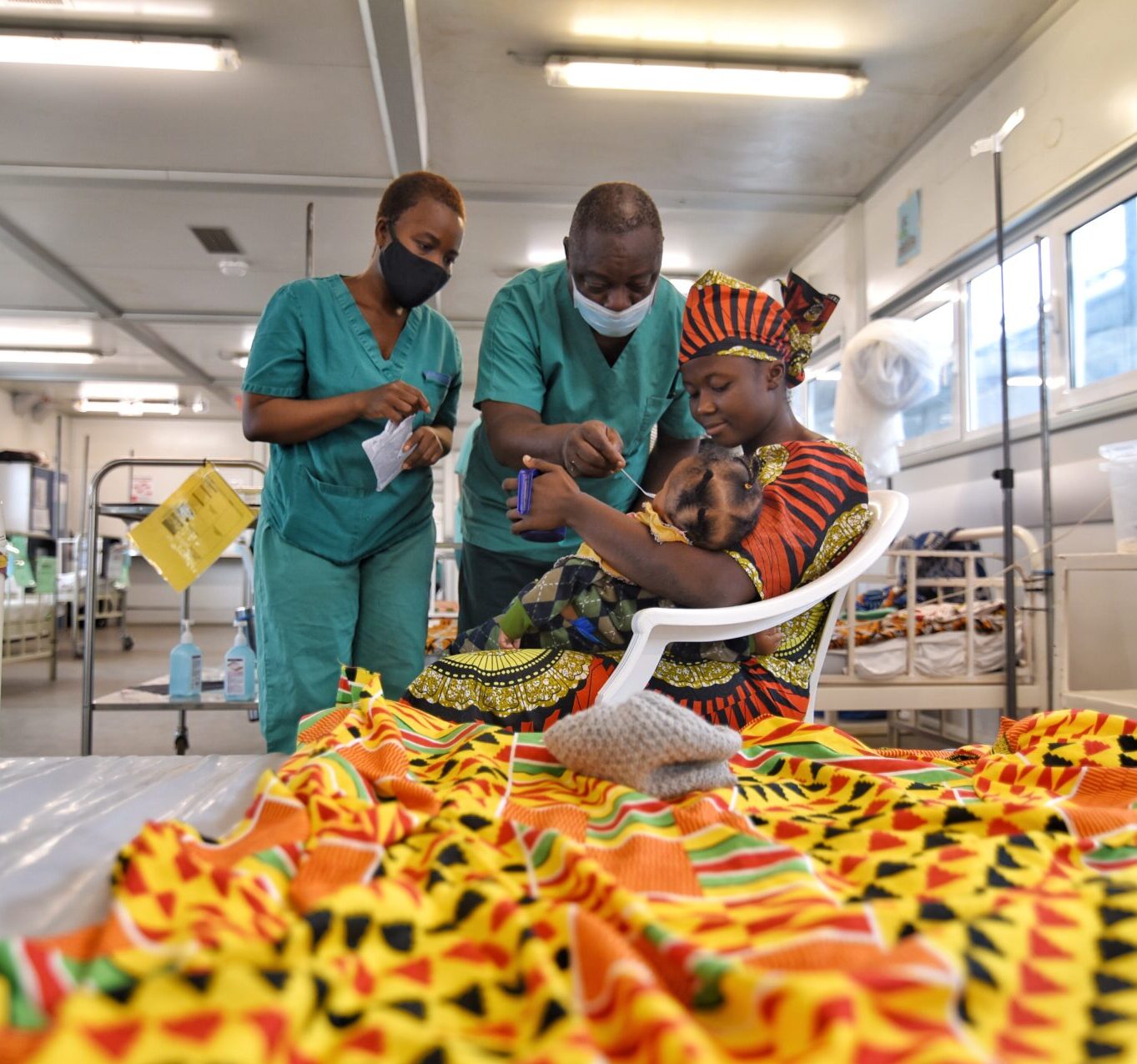
The countries in which MSF operates are affected by conflict and humanitarian crises. As a result, they also suffer from severe shortages of qualified health professionals. The Ministries of Health often lack the means to adequately fund medical and paramedical training, and to organise practical training and induction into the profession. This means that the quality of care in MSF projects often depends on international presence, and it remains challenging for MSF to withdraw without creating a gap in the healthcare system, with potential severe consequences in the access to healthcare for the population. This is what led to the creation of the MSF Academy for Healthcare.
The idea was conceived in 2016, and the Academy was born in 2017 by MSF’s Operational Centre Brussels. After effectively analysing needs and possibilities, the first projects were implemented in 2019. More and more stakeholders in MSF and from the countries we work in joined and supported the Academy throughout the following years, making the Academy initiatives and teams grow.
Contact & Funding
To carry out its mission and properly implement its activities, the MSF Academy for Healthcare’s budget has been agreed upon through an internal MSF mechanism for innovative initiatives called TIC (Transformational Investment Capacity). While finances are thus guaranteed for 2022 & 2023, it is important that fundraising efforts are made to cover the MSF Academy’s expenses, so that MSF can keep the liberated funds for its humanitarian efforts. The MSF Academy, with the support of the fundraising units in the MSF movement and in line with the MSF principles, has been receiving contributions and commitments from private donors and foundations to carry out its activities, but it is still seeking additional financial support.
If you want more information on how to support the MSF Academy for Healthcare, feel free to contact us using the contact form or send us an email to msfacademy@msf.org.
If you want to donate to MSF more generally, you can find more information here.
Governance
The MSF Academy Programme Board is composed of members of all MSF Operational Centres’ directors committees, of a representative from the MSF Medical Directors’ platform, and a representative from the MSF Financial Directors’ platform. The Board takes the major decisions on strategies and orientations, while the Medical Directors make recommendations on medical priorities to focus on.
The team
The Executive team consists of a global team in charge of developing the different initiatives and supporting the field implementation, a team of tutors and mentors who support the online learning programmes, and field teams for the in-person programmes.
The MSF Academy global team counts with a management team and technical experts in the fields of nursing, midwifery, clinical medicine, pedagogy, clinical mentoring, e-learning development, graphic design and communication. The online mentoring teams carry out the individual accompaniment of participants in our hybrid and online learning programmes. This global team is based in Belgium, Kenya, Spain, France and Lebanon.
The field teams are currently present in Burkina Faso, Sierra Leone, South Sudan, Central African Republic, Nigeria, Mali and Yemen and are composed of internationally and locally hired clinical mentors, pedagogical managers and country representatives.
To get to know the team better, take a look at the organigrammes of the global team and the field teams.

Roger Teck
MSF Academy Director
Roger Teck is a medical doctor with a Master's in Public Health in Developing Countries and has developed substantial and broad experience in operational, medical-technical, and educational positions within MSF. He began working with MSF in 1985 and has served as a medical doctor, a medical coordinator, and head of mission in different countries. He has been Director of Operations, advisor for several training programmes in MSF, specially on HIV/TB/Viral Hepatitis, Malaria and NCDs, and Director for the Global Health and Humanitarian Medicine course.
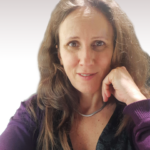
Sabine Rens
MSF Academy Deputy Director
Sabine Rens has a degree in International Relations and Masters degrees in Development and in Demography. After a career in the private sector, she held coordination positions with MSF in several countries and worked at headquarters for the departments of Human Resources, Analysis and Operations. She has also worked as country representative for the Clinton Foundation HIV/Aids Initiative in Mozambique and she developed the on-call service for general practitioners in the Belgian capital, Brussels.
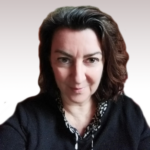
Delphine Prinselaar
Project Manager Sierra Leone, Central African Republic & Yemen
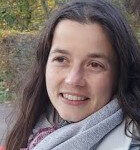
Aline De Jaegere
Project Manager PGDip in Medical Humanitarian Leadership, Mali & Burkina Faso
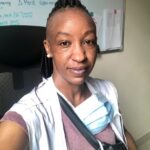
Erephina Ratemo
Project Manager Antimicrobial Resistance Learning & South Sudan
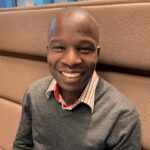
Patrice Ucokuru
Resources Manager
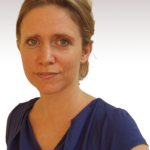
Aline Filiot
Pedagogical Referent
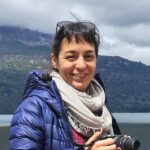
Paula Acuña
OPD project coordinator

Sophie Goossens
Nursing Science Referent

Lucie Carlini Siegel
Midwifery Referent
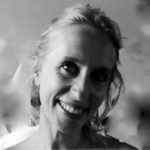
Sarah Daho
AMR initiative clinical mentors coordinator
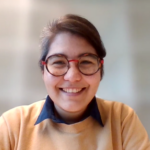
Lara Dufes
Field implementation officer, nursing sciences

Alicia González
Communication and information officer
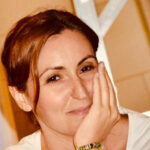
Pasqualetta Campus
Representative in Central African Republic
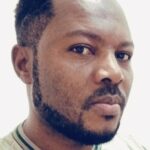
Stanley Bishye
Representative in Mali
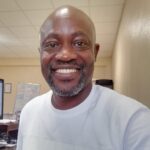
Christian Mangoyo
Representative in Sierra Leone
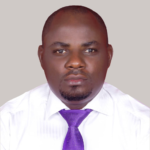
Kingsley Obase
Representative in South Sudan
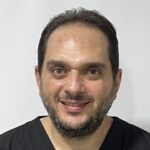
Osama Mustafa
Representative in Yemen

